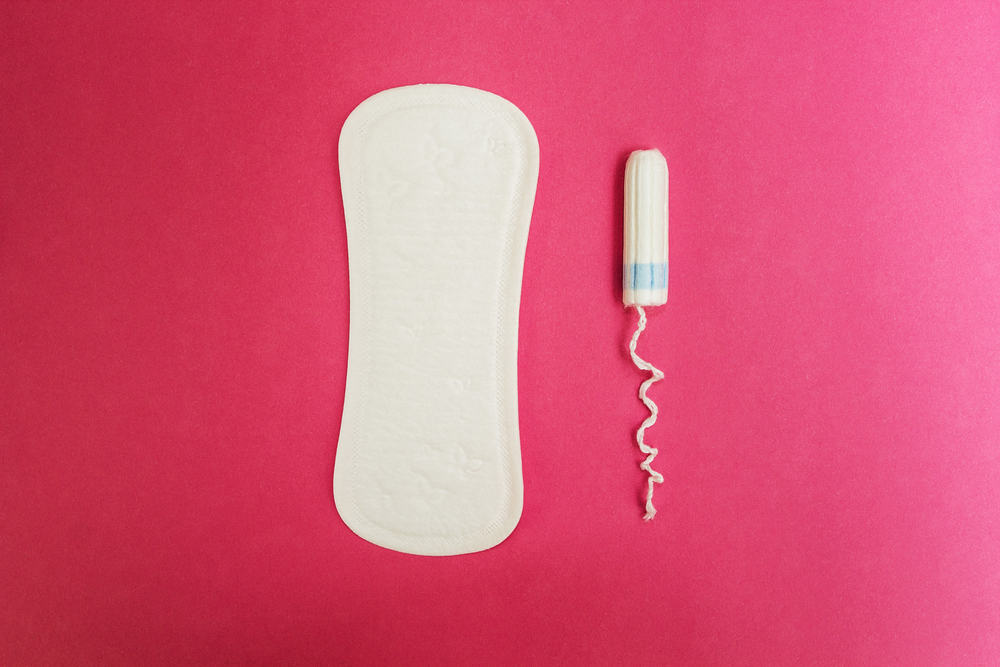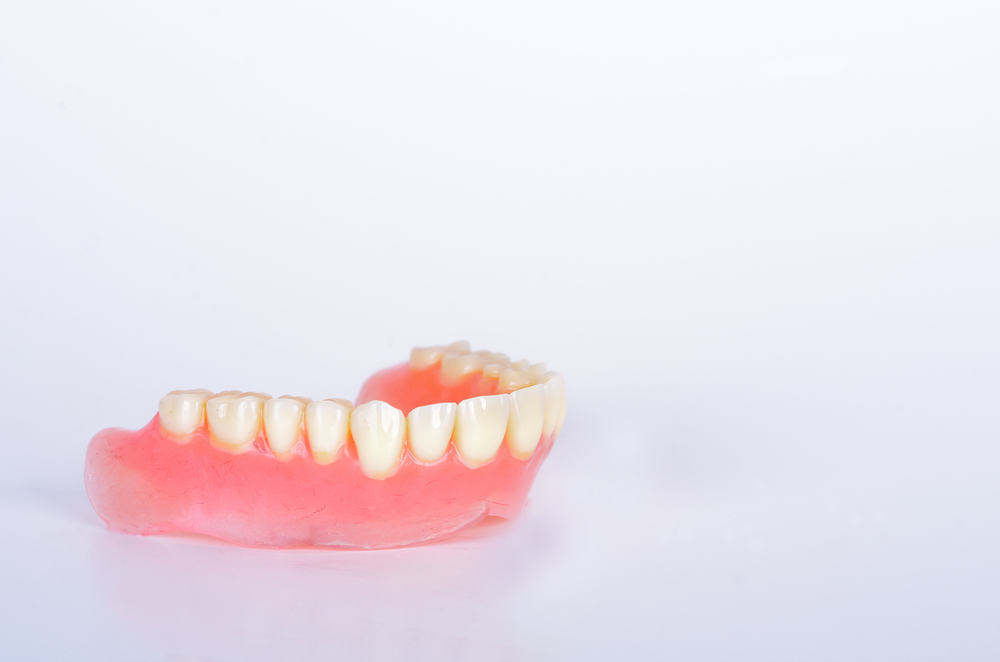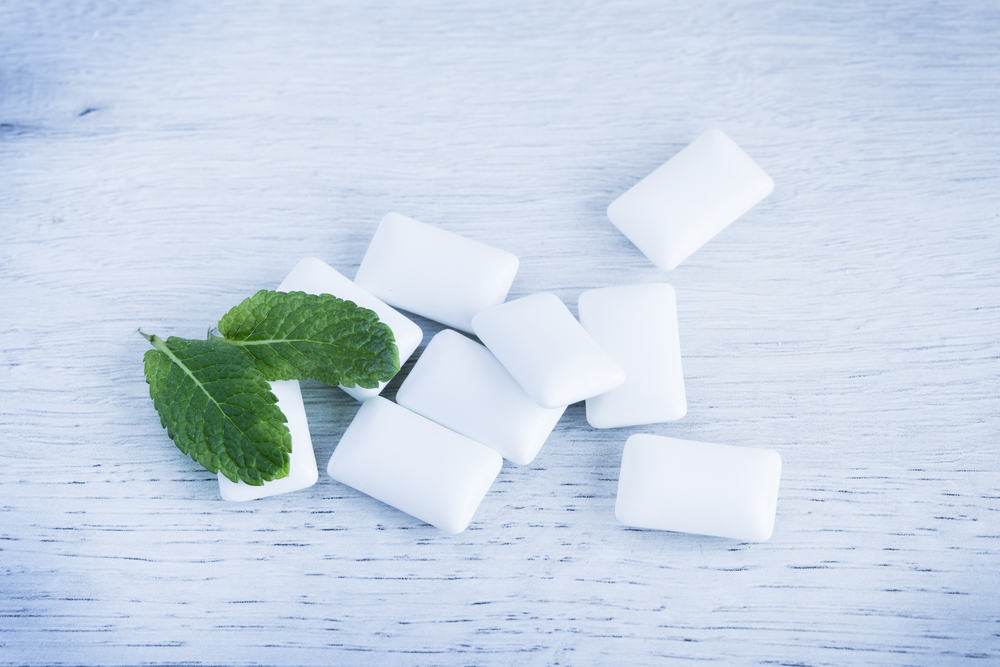Contents:
Medical Video: How to freeze baby food
Baby porridge is always the first choice to start introducing babies to complementary solid foods (MPASI). However, there is no medical evidence to show that introducing solid foods in a certain type of meal will provide special benefits to your baby. Although many pediatricians recommend introducing vegetables before fruits, there is no research that can support the theory that your child will have difficulty eating vegetables or vegetable allergies if you start the first introduction to fruit.
Babies generally like porridge. You can mix baby cereal powder ready for use, or use natural ingredients mixed with breast milk, formula milk or water. Ready-to-use cereals are easier to prepare, but baby porridge made from fresh ingredients will be more iron-rich, and you can adjust the level of consistency to your baby's interests.
Whichever method you use, make sure the ingredients contained are safe for your baby's consumption. That way, the nutrients that will be obtained by your baby will be in accordance with the nutritional needs of a child of his age, without additional preservatives and other artificial substances.
If your child suckles more often, nutrients can be obtained from finely ground meat, rich in iron and zinc. This mineral is easily absorbed by the body and is needed for 6 months old babies.
The healthiest choice other than breast milk or formula milk is mineral water. The American Pediatric Agency recommends not giving fruit juices to babies younger than 6 months, because the complex nutrients contained in fruit juices are not needed for babies in this age group. After 6 months, the baby may be given juice as a distraction, but the nutrients will not be comparable with fresh fruits. Juices should not be given to babies to deal with dehydration or diarrhea. Regularly giving fruit juice to your baby will form the habit of drinking sweet drinks and risk being overweight.
If your child looks thirsty, give breast milk or, after 6 months, give small portions of water. Getting children to drink water will form good habits during the growth period. Give water more often than usual during hot weather, because your child will quickly lose body fluids through sweat. If your bottled water is enriched by fluoride, this can help prevent tooth decay in the future
Do you need to give food supplements?
Although exclusive breastfeeding is highly recommended for up to 1 year at the beginning of a child's growth, the vitamin D content in breast milk is insufficient to prevent your baby from vitamin D deficiency which is at risk of causing various diseases, such as rickets. Sunlight will stimulate the body to produce vitamin D, but your child must still be protected by sunblock, hats, and clothes that are appropriate when they are outdoors. This will reduce the body's productivity in producing vitamin D.
The American Pediatric Agency recommends giving vitamin D supplements to babies in addition to exclusive breastfeeding or formula milk, immediately after giving birth. Giving a 400 IU dose of vitamin D supplement (containing a multivitamin or vitamin combination containing vitamins A, C, and D, or vitamin D only) per day is highly recommended. Discuss with your doctor about the exact amount of vitamin D intake needed by your baby.
For the first four to six months of a baby's growth and development, babies with exclusive breastfeeding do not need additional iron intake. The iron in the body that has been around since birth will meet your child's daily iron requirements in his initial growth. But over time, the supply in his body will continue to decrease while the need for iron increases.
If during pregnancy you experience complications, such as diabetes, or when the birth process of your baby is classified as less weight, or the size of the fetus when the gestational age is classified as small, additional iron supplements may be needed. Discuss with your doctor about this. The American pediatric body believes that babies who are not given exclusive breastfeeding should consume a special formula fortified with iron starting from postpartum until the next 12 months.
We do not recommend the use of low iron formula because these products do not contain enough iron to support a child's growth and development. However, when you start introducing solids, your baby will get extra iron intake from meat, iron-rich cereals, and green vegetables. For example, 4 tablespoons of cereal mashed with breast milk or formula milk is a good source of iron, and meat is an alternative choice of iron-rich food sources.












